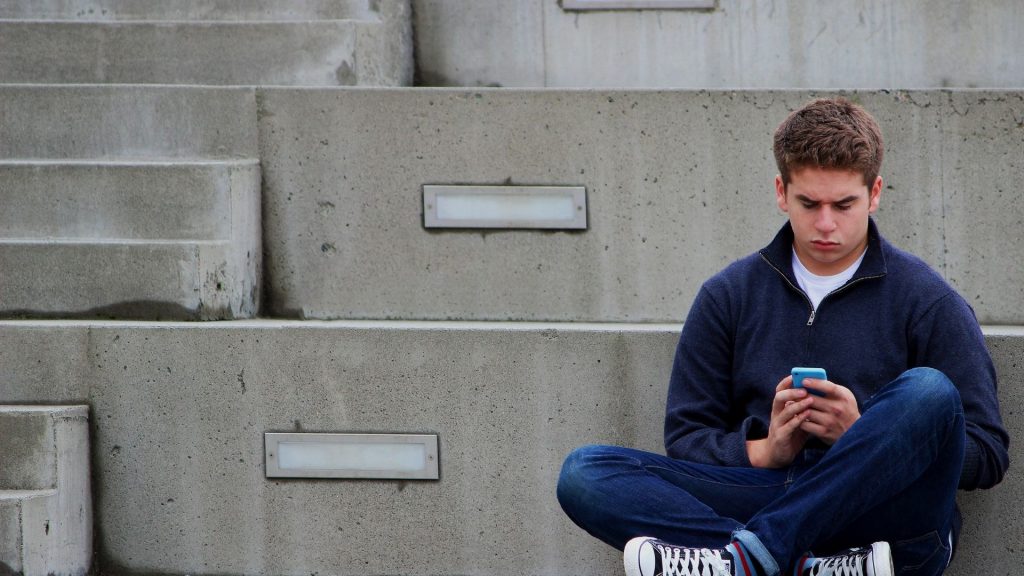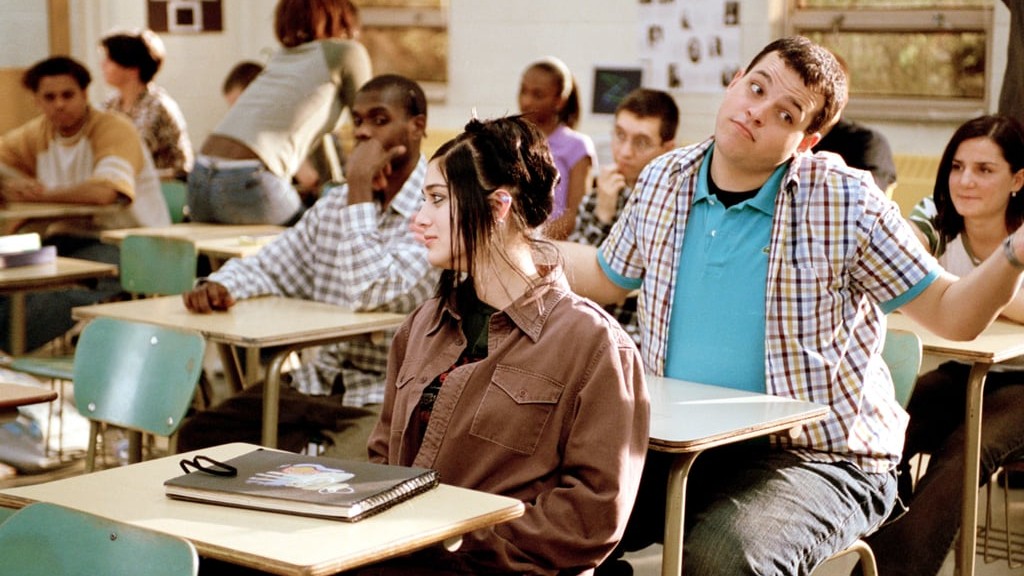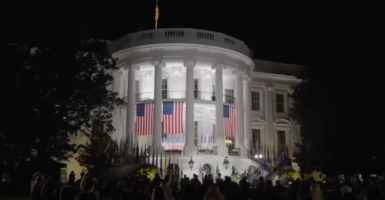Pandemic Drastically Changed Teens’ Relationships With Parents And Teachers
A new survey asked teenagers about there relationships with their parents, teachers, and peers after the pandemic, the results were shocking.

It’s a well-known fact that the pandemic drastically changed people’s lives. This sentiment holds especially true for children who lived through it. Youth are said to be easily adaptable to changes, but many experts feel the pandemic altered young minds, often for the worse. A new poll studied teenagers’ relationships with their families, peers, and teachers, and the results were quite shocking.
The research, conducted by the Pew Research Center, found that nearly half of all teenagers said they felt closer to their parents two years after the pandemic first hit the United States. The survey was conducted between April 14th and May 4th, and polled over 1300 teens between 13 and 17 years old. In conclusion, researchers feel that the shifting trends showed how the COVID pandemic altered relationships among youth.
It likely comes as no surprise that teenagers are closer than ever to their parents. When schools shuttered their doors at the onset of the pandemic, some schools left children with little to no instruction at home. This meant that many families had to become the teachers themselves. And while some would argue that families being stuck inside their homes together for such an extended period of time would only make them more anxious to get away from each other, this clearly was not what occurred.
Additionally, the survey questioned teenagers on their relationships with teachers at school. The majority of teenagers said they felt less close to educators after the pandemic. There are likely many more factors at play here other than just remote learning. Even as schools welcomed children back into classes, teachers were hit with a myriad of additional tasks to handle throughout the day. Changing protocols, masks, stress, and increasing class sizes all have led to an outcry from educators saying they are burned out from the jobs.
Even more interestingly, however, teenagers participating in the survey said they had grown apart from their friends. Nearly one-third said they were not as close with peers or even close friends as they were beforehand. These findings are disturbing to some child psychologists, who understand the importance of social skills during these important teenage years. In fact, mental health and well-being have become such a growing concern to health experts, that both the American Academy of Pediatrics and the American Academy of Child and Adolescent Psychiatry declared the growing issue a national emergency.
There were some noted differences among teenagers who answered the national survey based on race. In general, African-American students answered that they were more likely to be less close to their peers than white students. However, it failed to further detail any possible reasons for this finding. But given the current climate around equity in schools, this key piece of information will likely be used to further claims that schools are unjustly benefitting white children over minorities – mirroring sentiments that opponents of critical race theory argue.

The data is telling, and there is no denying that the COVID pandemic altered the way teenagers view the world. If this data shows anything, however, it is that even after a near full school year of a return to normalcy, things are clearly still not “normal.” Getting there is going to take work and dedication on everyone’s part.



